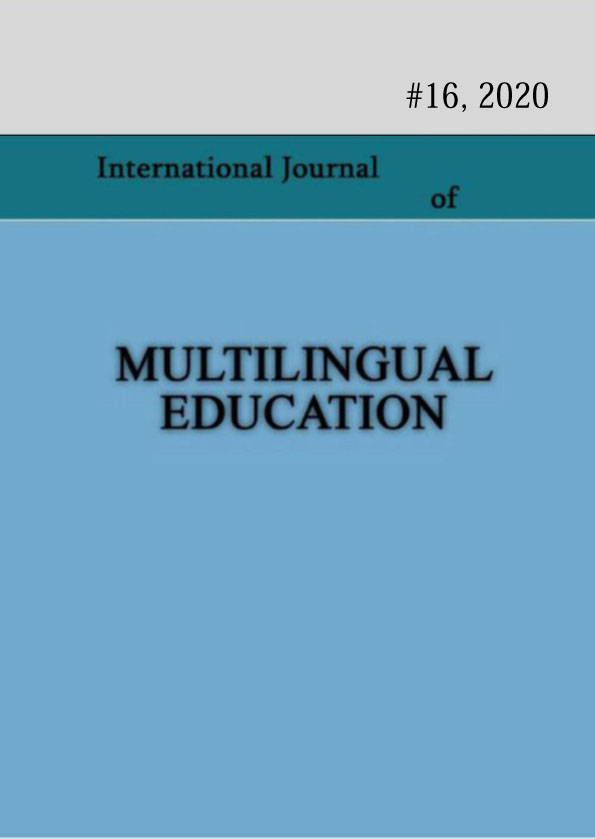Field Research under Pandemic and Hybrid Remote Field Research
Keywords:
Covid-19 pandemic, definition of theAbstract
The scientific fields that generate data for research through interaction with people in socio-cultural contexts have been cut off from their basis of work due to the restrictions resulting from the Covid-19 pandemic. Abrupt interruption of any activities that were taken for granted in traditional field research puts especially linguistic, sociological and cultural anthropological researchers in an unprecedented state of shock. The methodology and technical tools of traditional field research do not include a scenario that would catch the social consequences of a pandemic and replace the missing central aspects of documenting a life practice. The following article describes the seemingly unmanageable problems of field research under pandemic conditions and presents an attempt to find a methodological wayout.
References
Boellstorff, T. 2012. Rethinking digital anthropology, in H.A. Horst and D. Miller (eds.) Digital Anthropology. London: Berg. Pp. 39-60.
Burke Lisa A. & Monica K. Miller 2001 Phone Interviewing as a Means of Data Collection: Lessons Learned and Practical Recommendations. In: FQS. Volume 2, No. 2, Art. 7 –May 2001.
Campbell, Donald T. & Stanley, Julian C. (1963). Experimental and quasi-experimental designs for research. Boston, MA: Houghton Mifflin Co.Dillon, B., 2011. “Using mobile phones to collect panel data in developing countries.” Journal of International Development 24(4).
Dixon R.M.W. 2010 I am Linguist. Brill. 329P.
Gippert, Jost Nikolaus P. Himmelmann & Ulrike Mosel 2006 Essentials of Language Documentation. Trends in Linguistics. Studies and Monographs [TiLSM], 178.
Judd, Charles M.; Smith, Eliot R. & Kidder, Louise H. (1991). Research methods in social relations (6th edition). Fort Worth, TX: Holt, Rinehart, and Winston, Inc.
Lo Iacono Valeria, Paul Symonds and David H.K. Brown 2016 Skype as a Tool for Qualitative Research Interviews. Cardiff Metropolitan University; Cardiff Metropolitan University. Sociological Research Online, 21 (2), 12.
Published
How to Cite
Issue
Section
License
Copyright (c) 2020 Zakharia Pourtskhvanidze

This work is licensed under a Creative Commons Attribution-NonCommercial 4.0 International License.
Copyright (c) - Authors who publish with this journal agree to the following terms: Authors retain copyright and grant the journal the right of first publication with the work simultaneously licensed under a Creative Commons Attribution-Noncommercial 4.0 International License, which allows others to share the work with an acknowledgement of the work's authorship and initial publication in this journal. Authors are permitted and encouraged to post their work online (e.g., in institutional repositories or on their personal website) prior to and during the submission process, as it can lead to productive exchanges, as well as earlier and greater citation of published work (see The Effect of Open Access). Authors may enter into separate, additional contractual arrangements for the non-exclusive distribution of the journal's published version of the work (e.g., post it to a repository or publish it in a book), with an acknowledgement of its initial publication in this journal.

